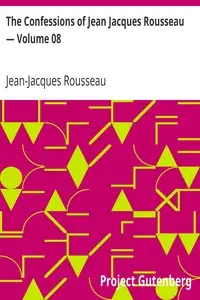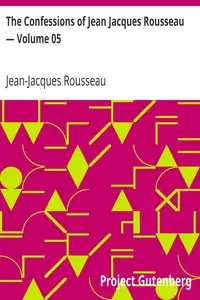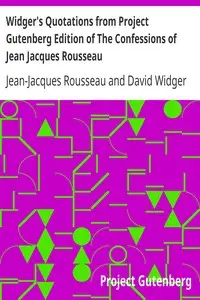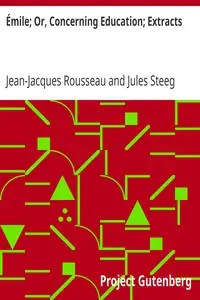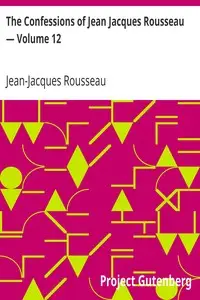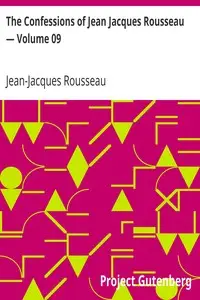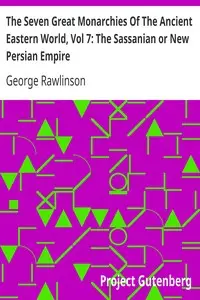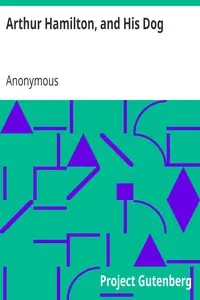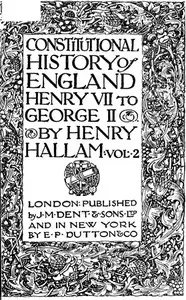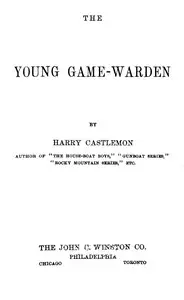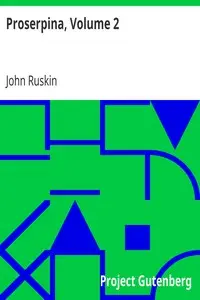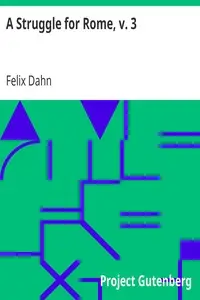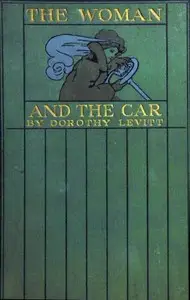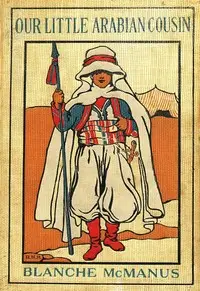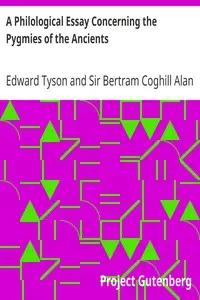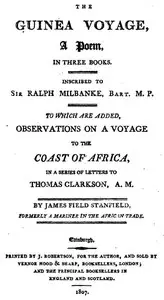"Emile" by Jean-Jacques Rousseau is a philosophical treatise on education, likely written in the late 18th century. The work explores Rousseau's thoughts on how children should be raised and educated, emphasizing the need to align educational practices with natural development rather than societal norms. Central to the text is the character of Emile, an imaginary pupil who undergoes a unique form of upbringing that cultivates his natural goodness and capacities. The opening of "Emile" introduces Rousseau's aims for the book, explaining his departure from traditional educational approaches. He expresses his belief that conventional methods are flawed and do not account for the essence of a child's nature or their potential for learning. Rousseau critiques societal influences that corrupt the inherent goodness of children and argues for a nurturing approach that respects their development. He presents a vision for education focused on understanding the child's needs and nature, suggesting that personal and experiential learning should take precedence over rote memorization and formal instruction. This foundational philosophy sets the stage for the detailed explorations of Emile's upbringing that follow in the text. (This is an automatically generated summary.)
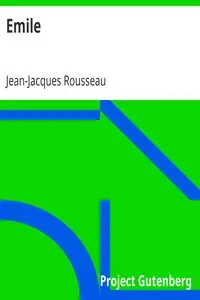
Emile
By Jean-Jacques Rousseau
"Emile" by Jean-Jacques Rousseau is a philosophical treatise on education, likely written in the late 18th century. The work explores Rousseau's thoug...
Genres
Released
2004-04-01
Formats
mobi
epub3 (images)
mobi (images)
epub
epub (images)
Free Download
Overview
About the Author
Jean-Jacques Rousseau was a Genevan philosopher (philosophe), writer, and composer. His political philosophy influenced the progress of the Age of Enlightenment throughout Europe, as well as aspects of the French Revolution and the development of modern political, economic, and educational thought.
Total Reviews
10.0k
Total reviews from Goodreads may change

